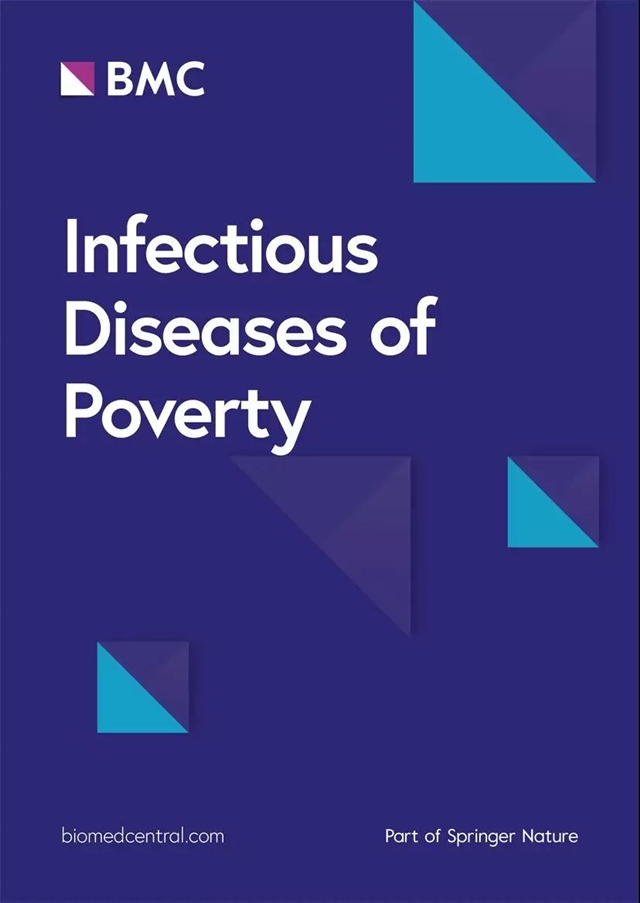Towards an actionable One Health approach
IF 5.5
1区 医学
Q1 INFECTIOUS DISEASES
引用次数: 0
Abstract
Despite the increasing focus on strengthening One Health capacity building on global level, challenges remain in devising and implementing real-world interventions particularly in the Asia-Pacific region. Recognizing these gaps, the One Health Action Commission (OHAC) was established as an academic community for One Health action with an emphasis on research agenda setting to identify actions for highest impact. This viewpoint describes the agenda of, and motivation for, the recently formed OHAC. Recognizing the urgent need for evidence to support the formulation of necessary action plans, OHAC advocates the adoption of both bottom-up and top-down approaches to identify the current gaps in combating zoonoses, antimicrobial resistance, addressing food safety, and to enhance capacity building for context-sensitive One Health implementation. By promoting broader engagement and connection of multidisciplinary stakeholders, OHAC envisions a collaborative global platform for the generation of innovative One Health knowledge, distilled practical experience and actionable policy advice, guided by strong ethical principles of One Health.实现可操作的 "一个健康 "方法
尽管全球层面越来越重视加强 "一个健康 "能力建设,但在制定和实施实际干预措施方面仍然存在挑战,尤其是在亚太地区。认识到这些差距,"同一健康行动委员会"(OHAC)作为 "同一健康行动 "的学术团体应运而生。本观点介绍了最近成立的 "一个健康行动委员会 "的议程和动机。认识到迫切需要证据来支持制定必要的行动计划,OHAC 主张采用自下而上和自上而下的方法来确定当前在防治人畜共患病、抗生素耐药性、解决食品安全方面的差距,并加强能力建设,以实施对具体情况有敏感认识的 "一个健康 "行动。通过促进多学科利益相关者更广泛的参与和联系,OHAC 设想建立一个全球合作平台,在 "一体健康 "强有力的道德原则指导下,创造创新的 "一体健康 "知识、提炼实践经验和提出可行的政策建议。
本文章由计算机程序翻译,如有差异,请以英文原文为准。
求助全文
约1分钟内获得全文
求助全文
来源期刊

Infectious Diseases of Poverty
Medicine-Public Health, Environmental and Occupational Health
CiteScore
16.70
自引率
1.20%
发文量
368
审稿时长
13 weeks
期刊介绍:
Infectious Diseases of Poverty is a peer-reviewed, open access journal that focuses on essential public health questions related to infectious diseases of poverty. It covers a wide range of topics and methods, including the biology of pathogens and vectors, diagnosis and detection, treatment and case management, epidemiology and modeling, zoonotic hosts and animal reservoirs, control strategies and implementation, new technologies, and their application.
The journal also explores the impact of transdisciplinary or multisectoral approaches on health systems, ecohealth, environmental management, and innovative technologies. It aims to provide a platform for the exchange of research and ideas that can contribute to the improvement of public health in resource-limited settings.
In summary, Infectious Diseases of Poverty aims to address the urgent challenges posed by infectious diseases in impoverished populations. By publishing high-quality research in various areas, the journal seeks to advance our understanding of these diseases and contribute to the development of effective strategies for prevention, diagnosis, and treatment.
 求助内容:
求助内容: 应助结果提醒方式:
应助结果提醒方式:


